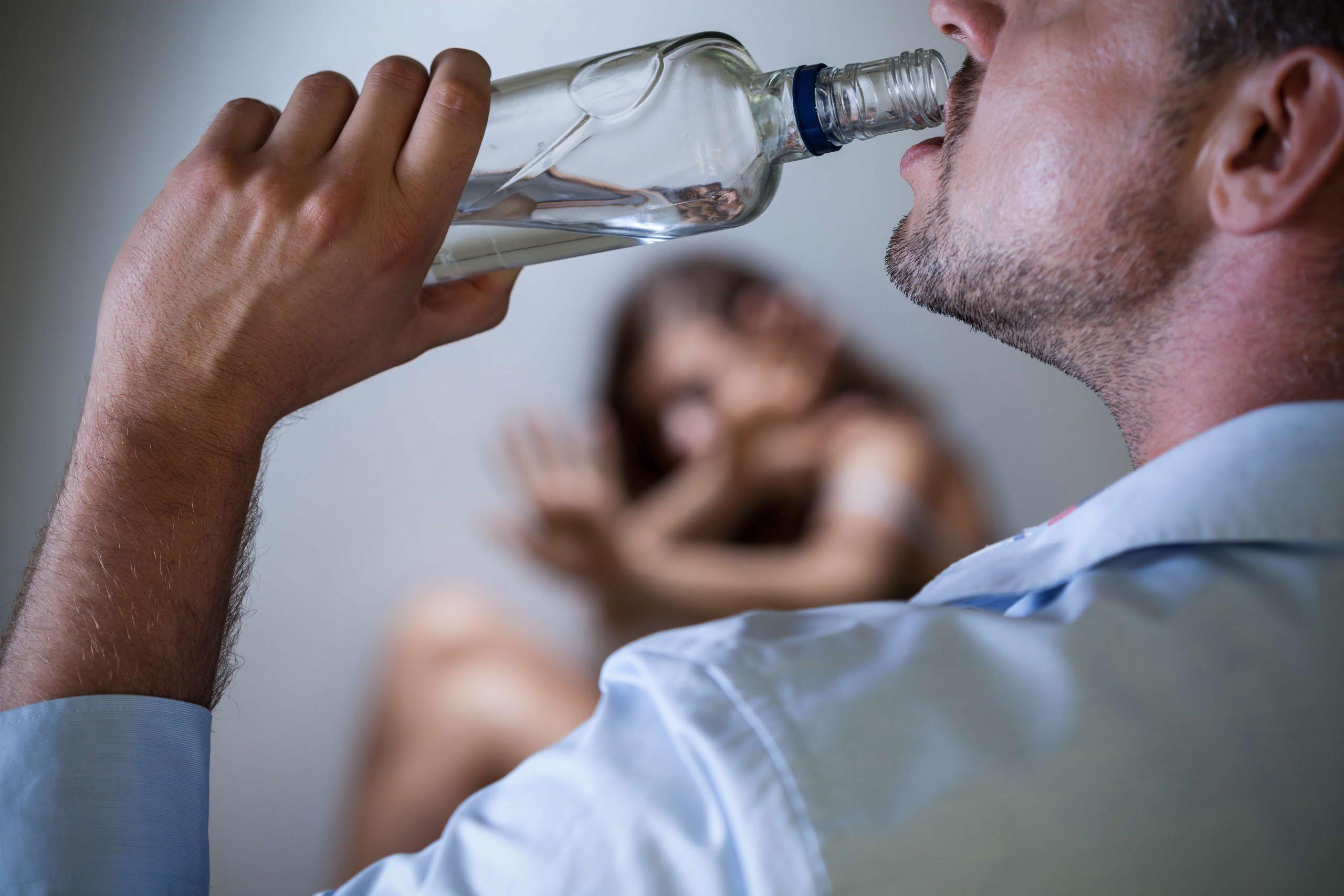Content
Alcohol addiction can cause someone to constantly be dehydrated and negatively affect their body long-term. Everyone knows that working out while under the influence of alcohol is dangerous because of the https://ecosoberhouse.com/ likelihood of injury. However, few athletes realize that consuming alcohol after a workout, practice, or competition can cancel out any physiological gains you may have received from such activities.

If your blood sugar dips too low, you may experience fatigue, weakness, shakiness, mood disturbances and even seizures. Alcohol triggers an inflammatory response from your immune system. Your immune system may trigger certain agents that commonly produce physical symptoms, such as an inability to concentrate, memory problems, decreased appetite and loss of interest in usual activities. Sign up for free, and stay up to date on research advancements, health tips and current health topics, like COVID-19, plus expertise on managing health.
Should You Drink Alcohol to Stay Hydrated?
Healthline Media does not provide medical advice, diagnosis, or treatment. Healthline has strict sourcing guidelines and relies on peer-reviewed studies, academic research institutions, and medical associations. When its processed by enzymes in the liver, alcohol is converted into a large amount of acetaldehyde.
Darker colored drinks often contain a high volume of congeners and may be more likely to produce a hangover. Alcoholic beverages contain ingredients called congeners, which give many types of alcoholic beverages their flavor and can contribute to hangovers. Congeners are found in larger amounts in dark liquors, such as brandy and bourbon, than in clear liquors, such does alcohol dehydrate you as vodka and gin. Hangovers after a single night’s drinking go away on their own. If you are living with diabetes and kidney disease, it is important to stay in control of your blood sugar so you can be your healthiest and avoid other… If you have questions about drinking alcohol, talk to your nephrologist, also known as a kidney doctor, and your renal dietitian.
How Long Does Alcohol Stay in Your System?
A good way to limit your overall alcohol consumption, and thus limit alcohol’s dehydrating effects, is to alternate alcoholic drinks with glasses of water. The rule of thumb is limiting consumption to one alcoholic beverage an hour, with one glass of water also consumed for every finished alcoholic drink. However, even this may not help you avoid a harsh bout of dehydration. Thanks to alcohol’s ability to trip up your pituitary gland, you could lose more water through excessive urination than you would normally. In other words, try to drink as much water as possible, because your normal retention rate isn’t going to be what your body’s used to. Drinking water before, during, and after alcohol consumption can help prevent dehydration.
- Not only does long-term alcohol use diminish protein synthesis resulting in a decrease in muscle build-up, but even short-term alcohol use can impede muscle growth.
- So how do you properly rehydrate after drinking — or avoid alcohol dehydration in the first place?
- It is important for a person to be aware of the signs and symptoms of alcohol-induced dehydration and the ways to avoid it.
- Having no food in your stomach speeds the body’s absorption of alcohol.
- Healthy kidneys work to remove excess waste, toxins, and fluid from your blood.
Alcohol also reduces energy sources by inhibiting a process known as gluconeogenesis in which glucose is formed from substances other than glucose. When alcohol is oxidized by alcohol dehydrogenase , it produces an elevation of NADH, which ultimately reduces the amount of a coenzyme that is essential in the production of ATP. This loss of ATP results in a lack of energy and loss of endurance.